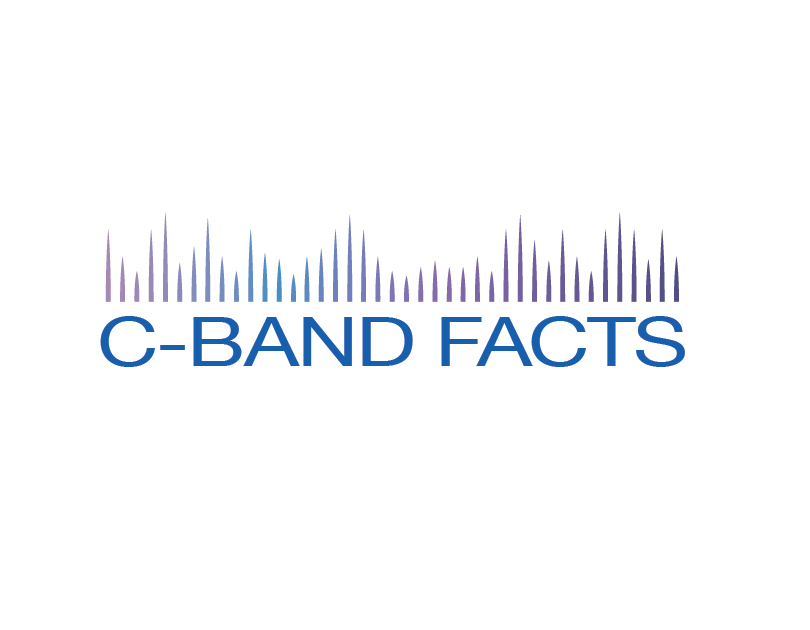C-Band Alliance Misses the Mark: No Ownership Means No Sale
As the debate over the C-Band Alliance’s (CBA) intention to hoodwink the Federal Communications Commission (FCC) in to allowing a group of foreign operated satellite companies to profit up to $60 billionon a crucial U.S. asset heats up, it’s important to remember one key fact: The foreign companies making up the C-Band Alliance do not own the spectrum, therefore have no right to re-sell the spectrum in a private, secondary market sale.
The C-Band Alliance and its proponents are leaving out this key stumbling block from their well-rehearsed narrative.
These four companies were given licenses to use the spectrum from the U.S. Government, circa 1960, at no cost to them. Obtaining these licenses does not constitute rightful ownership of the spectrum itself; it simply allows for the four companies to utilize the spectrum. Further, the licenses have an expiration date set for the mid- 2020’s. This further raises the question, can these foreign operators sell a U.S. asset they don’t rightfully own, while the licensing for operation is set to expire in a few years’ time?
This mid-band spectrum is property of the U.S. Government, and U.S. taxpayer. Therefore, any revenue generated from a re-sell of this spectrum must be returned to taxpayers, and not foreign interests hoping for a multi-billion dollar windfall.
Though a secondary market sale is in no way within the licensing rights, the CBA is insistent that their plan will deploy U.S. 5G networks faster and more efficiently than an FCC-led auction would. This is not the case. A number of taxpayer, consumer and small business groups, private sector companies, Congressional representatives, and rural groups have spoken out against the CBA’s plan in letters, statements and filings with the FCC. Some have gone so far as to suggest they will pursue legal action to halt a private sale, as this method is not in line with the traditional FCC approach. Litigation would undoubtedly halt 5G deployment across the U.S., and would take much longer to reconcile compared to a traditional FCC-led auction process.
In the race to 5G, and to ensure an efficient and effective deployment of this next generation network, there is only one way forward. The FCC must oversee a public, fully transparent incentive action, as is the standard for spectrum allocation. A standard FCC-led incentive auction of this vital c-band spectrum would allocate funds back to U.S. Treasury and taxpayers, would ensure incumbent users of the spectrum are protected, offers a level playing field for interested bidders, and elevates the U.S. towards a proficient 5G network.








